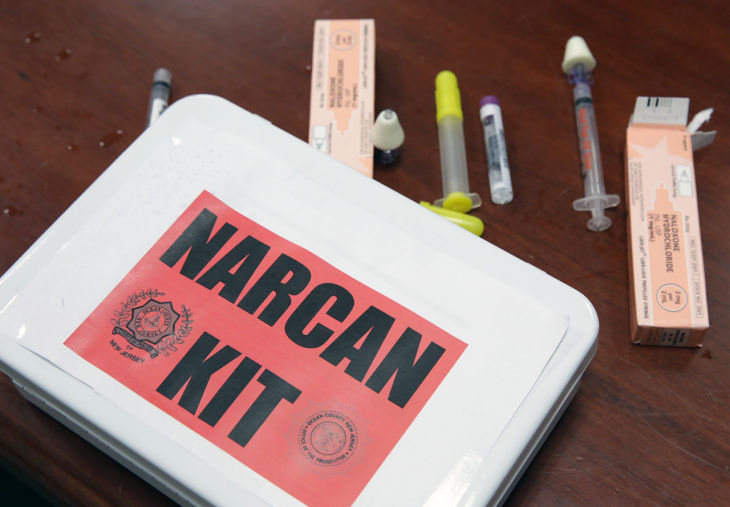
For the second time this month, Indian River County deputies used Narcan to save an unresponsive patient who reportedly used opioids, authorities said.
This comes just 11 days after two deputies used Narcan to save a woman who had overdosed on an unknown amount of pills. Narcan continues to prove to be a useful tool to combat the opioid crisis and save lives by reversing the effects of opioids.
“We are glad our deputies were able to save these two subjects, but we would encourage anyone out there struggling with opioid addiction to seek treatment immediately,” said Sheriff Deryl Loar in a statement released Monday. “Opioids are deadly and too many people have already died from them.”
Opioid overdose can cause a person’s breathing to slow down and even stop, authorities said.
The morning of Feb. 15, deputies received a call of an unconscious 34-year-old man who was using opioids. Cpl Gary Farless went to the man’s home in the 1300 block of 25th Court Southwest, where he found the man with a pulse, but not breathing.
Farless injected Narcan into the man’s body using an Evzio auto injector and the man instantly began gasping for air, deputies said. Fire rescue crews arrived on scene and gave the man treatment.
Deputies began using Narcan in November 2017, authorities said. All patrol deputies were issued auto injectors, which contain the Narcan.
An Evzio is a pre-filled, single-use, hand-held auto-injector that uses voice and visual cues to guide the user to deliver a single .4 milligram dose of Narcan, authorities said. Vero Beach police also are helping to save lives of those impacted by the opioid crisis by equipping its own officers with the device.
The Vero Beach Police Department recently received a donation of auto injectors from Kaleo, a pharmaceutical company based in Richmond, Virginia. The agency’s 50-sworn officers carry the devices and are trained to inject Narcan into patients to help them keep breathing and to reverse the effects of an opioid.
“The faster we can get any type of assistance to help their breathing, the less issues we have with brain damage or death,” said police spokeswoman Megan DeWitt. “The (injectors) are right at (the officers’) fingertips. We’re hoping to keep these people alive and get them faster treatment.”






